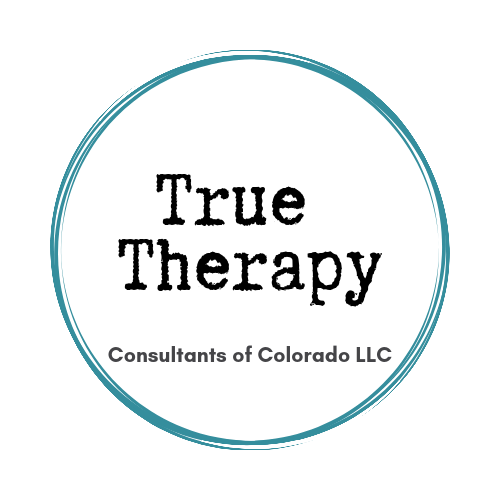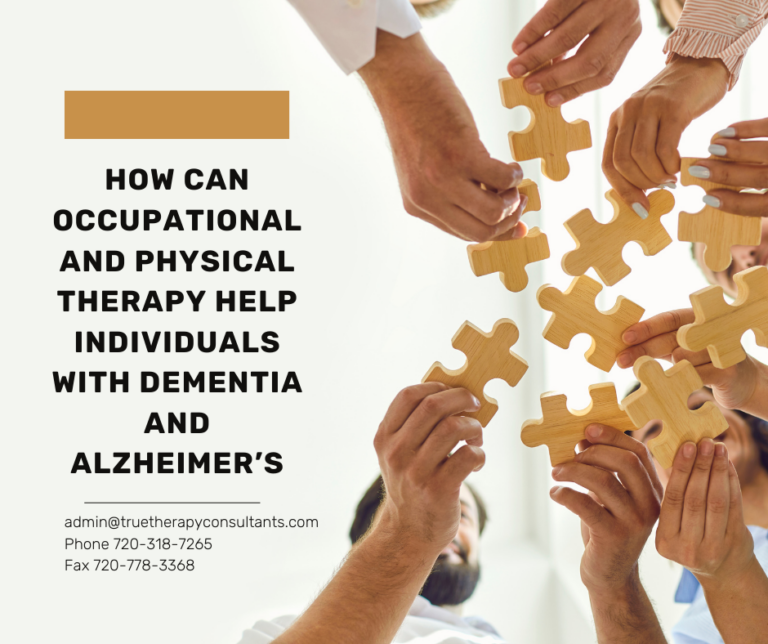About 6.5 million Americans, over 65 years old, have Alzheimers. 73% of those 6.5 million Americans are 75 years or older. About two thirds of individuals with Alzheimers are women and African Americans are twice as likely to have Alzheimers than caucasian Americans. By 2050, the number of diagnosed Americans are projected to increase by 13 million. (Alzheimer’s Association, n.d.)
Alzheimer’s disease is a common cause of dementia and is utilized as a term for memory loss and decreased cognition. This disease is not a normal part of aging, but the risk does increase with age. Alzheimers is a progressive disease that gets worse with time. In the early stages, memory loss is small, but in the late stages of Alzheimers, a person who has the disease loses the ability to carry a conversation and even respond to their environment. Learning, confusion, mood and behavior changes, memory loss, difficulty speaking, difficulty swallowing and walking, and disorientation are all symptoms of Alzheimer’s disease. (Alzheimer’s Association, n.d.)
Although Alzheimer’s can’t be reversed, there are ways that occupational and physical therapists can work with older adults, to slow down the decline of the disease and help increase an older adult’s independence, as long as possible. Research also shows that physical activity helps to increase brain health! (Alzheimers.net, n.d.) Physical and occupational therapists provide interventions and education, on increasing physical activity within an individual’s ability while maintaining a safe environment!
Physical therapists (PT) provide interventions that target increasing balance, improving blood flow to the brain, increasing endurance and flexibility, and increasing muscle strength. (Alzheimers.net, n.d.) Research has been shown that physical therapy can help older adults with Alzheimer’s, and here are a few ways physical therapy can help:
PT helps increase mobility and strength, by helping keep the individual’s bones and muscles strong as their coordination decreases. Muscles will continue to know how to respond, even if the brain is not able to process where unstable surfaces are, that would increase an older adult’s risk of falls. PT helps with building an individual’s muscle memory, to help decrease fall risks. (Alzheimers.net, n.d.)
PT helps decrease the loss of memory, due to the increase in physical activity, and increases blood flow to the brain. A research study found that 40 minutes of physical activity, four times in a week, for a year, increases the growth of the hippocampus, which is the part of the brain that is responsible for memory. (Alzheimers.net, n.d.)
PT can help decrease aggression and improve an individual’s mood. Regular activity is shown to help increase mood and decrease aggression. The physical activity completed with a physical therapist, will help the older adult release endorphins, through stretching/active movement, and those endorphins will help sooth the brain. (Alzheimers.net, n.d.)
A clinical case study was performed, of a 78 year old woman who was diagnosed with Alzehemiers, to identify how occupational therapy can help an older adult with this disease. An occupational therapist evaluated this older adult, identified her interests and typical routine, her current level of independence, and then wrote appropriate goals to work towards with this older adult. (Piersol et al., 2017) This is what the case study found:
Occupational therapists (OT) can help an older adult with Alzehemiers, by implementing interventions that will increase their independence. OT’s provide interventions, such as, ADL training (activities of daily living: toileting, dressing, bathing, transfers, grooming, etc) and provide modifications to help increase independence, implementing music and additional multi-sensory interventions, providing education on monitoring devices to decrease fall risk, communication skill training to increase caregiver quality of life, exercise based interventions and education on improving sleep habits, and providing education on home modifications to increase independence. (Piersol et al., 2017)
Occupational therapists also can provide in-home interventions at different times of the day, to identify what goals may be appropriate to address at different parts of the day. For example, an OT may want to see what an older adult’s routine is like in the afternoon versus the morning or what activities they like to attend in the afternoon. (Piersol et al., 2017)
Alzheimer’s disease can be a life changing disease that affects the individual who is diagnosed, and sometimes the loved ones of the diagnosed adult. But, that doesn’t mean that you and your loved one have to navigate it alone. Occupational and physical therapists can provide insight into the disease, interventions that help maintain or increase independence, education on increasing/maintaining independence, and education for caregivers of someone with Alzheimers. To learn more about this disease and what resources there are, visit https://www.alz.org/. Reach out to True Therapy Consultants to find out how our therapists can help you, or your loved one, with physical and occupational therapy interventions. 720-318-7265
Alzheimer’s Association. (n.d.). Alzheimer’s and dementia. Retrieved September 25, 2022, from https://www.alz.org/alzheimer_
4 ways physical therapy slows the symptoms of alzheimer’s. Alzheimers.net. (n.d.). Retrieved September 25, 2022, from https://www.alzheimers.net/
Piersol, C. V., Jensen, L., Lieberman, D., & Arbesman, M. (2017). Occupational therapy interventions for people with alzheimer’s disease. The American Journal of Occupational Therapy, 72(1). https://doi.org/10.5014/ajot.

